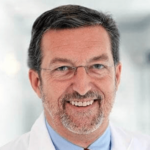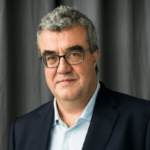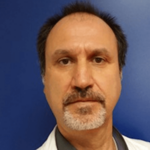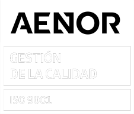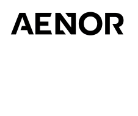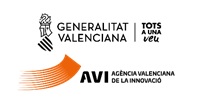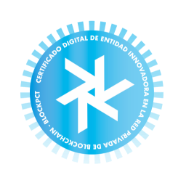The current COVID-19 crisis poses a huge challenge to society and the health system, and its professionals in particular. Beyond the response offered to acute cases in this first wave, there is great concern about what may happen in the short, medium, and long term. We are faced with various scenarios for which we do not currently have a helpful guide for operation. We lack evidence, yet we can point to some challenges that will force us to offer concrete solutions.
The first has been concerned with the large number of professionals infected by the virus, unparalleled in any other country. And also to the fears that the infection itself generates in the population when dealing with the health system. However, it is necessary to keep in mind the following waves of patients coming: urgent non-COVID-19 patients delayed by resource constraints, chronic patients not adequately followed up with during the crisis, or the socio-economic effects of the pandemic itself on the population.
Therefore, we are at a crossroads where, on the one hand, we are going to have a high and sustained demand for care, and on the other, we are going to be unable to maintain the same organization of care that we have enjoyed up until now. Nevertheless, opportunities for improvement appear, and Technology will likely offer us a good number of solutions. It seems that the time has come to implement eHealth decisively: for example, extensive use of telemedicine and home medicine dispensing, taking advantage of information systems to predict events and prioritize and anticipate resources, monitoring health status using smartphones, or adjusting medical visits to the real needs of the patient, rather than a pre-set schedule. And interesting challenges appear, such as distance learning and the future of congresses, as well as the relationship between the pharmaceutical industry and professionals.
To reflect on all these points, we have an excellent panel of opinion leaders, with diverse areas of expertise. Gerardo Cajaraville, Head of Pharmacy at Onkologikoa Fundazioa Hospital in Guipúzcoa; Angel Luis Guerrero, Neurologist, Headache Unit Coordinator and Headache Research Group at Hospital Universitario Valladolid;; Maria Victoria Mateos, Haematologist at the Haematology Department of the Complejo Asistencial Universitario de Salamanca and Instituto Biosanitarío de Salamanca (CAUSA/IBSAL); and Fernando Rivera, Head of the Medical Oncology Service of the Hospital Universitario Marqués Valdecilla (Santander), together with the participation of Luis Lizán, director of Outcomes’10.
